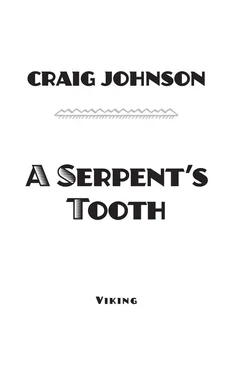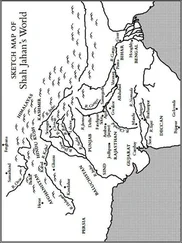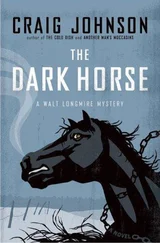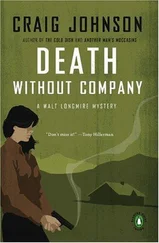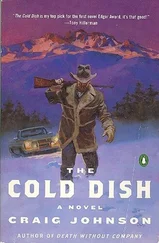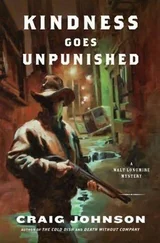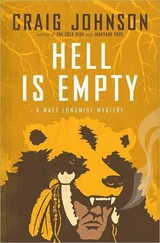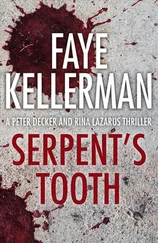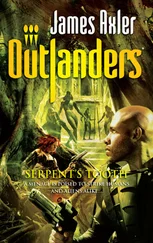“It’s her mother who hasn’t seen her in seventeen years; she lives down in Short Drop in the southern part of Absaroka.”
Tim nodded. “Well, Pat says that some young fellers showed up in a scours-colored Chevy pickup and hustled her out of there toot sweet.”
I studied his beer and regretted my choice not to have one. “Any idea who they were?”
“Well, when I had my little confrontation with the kids up north, they were driving a pickup remarkably of that description.”
Henry smiled, crossing his powerful arms across his chest. “Not showing a lot of reserve, are they?”
Tim took a paper towel from a holder on the table and wiped up the condensation from his beer that was staining the surface of the woven place mat. “Not their style.”
“Anything else?”
“Yup, I was up north talking to some of the ranchers where they’re running that Bakken pipeline . . .”
Vic interrupted. “The what?”
“Bakken shale oil pipeline from North Dakota; they’re running it through here, around the Black Hills, and then over your way and down to the crude oil storage hub in central Oklahoma—move 200,000 barrels of oil a day. At least they will when they get it finished here in a few years. Anyway, I was talking to Dale Atta, who has a ranch north of here, and he said that he saw that same truck that day up on the ridge that separates his place from theirs; that it was still there when he got done really late that evening, but that it was gone the next morning.”
“Where’s the ranch?”
“I can show you easier than tell you.” He pushed the beer away. “But first, I’ve got somebody I’d like you to meet.” He stood and walked to the back door. “We can walk; it’s not very far.”
Henry, Vic, and I looked at each other and then followed Tim outside; Kate, having unloaded her barrow full of compost at the far corner by the fence, turned and wheeled past us.
Tim raised a hand. “I’m going to introduce ’em to Vann Ross.”
She stopped, looked at all of us, and trundled on. “This will all end badly.”
We watched her go and then turned to look at Tim, who stroked his beard. “She doesn’t approve of this particular investigation.”
I took a deep breath and shot it from my nose. “My wife and I had a few of those disagreements.”
He looked at me, curious. “How did they end?”
“Badly.”
• • •
Through a gate at the back, we entered what probably had been an alleyway but through disuse had evolved into an overgrown path that ran along the back of all the houses facing Hanson Park.
As we walked, I asked, “Who’s Vann Ross?”
Tim smiled and continued on. “Oh, I better let Vann speak for himself.”
At the end of the block, the street butted into a hillside and there was a fence like those on the other lots, perhaps not in as good a shape, but higher. From the angle in the alley, you could see that the structure was roughly of the same vintage as the Bergs’ but had not weathered the years as well. Some of the windows were broken, and it looked as if they had been patched with sheets of cardboard. Large areas of shingles were missing from the roof, and the rusted gutters hung from the eaves.
I watched as Tim knocked on the gate. “Hey, Vann, it’s Tim Berg and I’ve got some folks who would like to meet you.”
There was no sound from inside.
Vic ventured an opinion. “Maybe he’s not home.”
Tim knocked again. “He’s always home—hey, Vann!”
There was a noise, almost as if someone was banging away from inside an old iron bathtub, and then the sound of someone mumbling, at which point the gate nudged away from us with a metallic sound; it opened inward about four inches to reveal a very tanned and wrinkled elf in a faded pair of hibiscus-patterned, pink-and-baby-blue-colored Hawaiian shorts.
“Hello, Timothy, how are you?”
The sheriff nodded. “I’m good, Vann, and you?”
“Fine, just fine.” Pulling the hair at his eyebrows, he looked past Tim toward Vic, the Cheyenne Nation, and me. “Who are your friends?”
“Just some folks who would like to see your handiwork.”
Vann Ross glanced at us again but especially at Henry. “They’re not from the government, are they?”
“No.”
He seemed satisfied and opened the door just wide enough to allow us entry.
I have seen many strange things in my tenure as the sheriff of Absaroka County, my duty in Vietnam, and even my time spent in California, but nothing could’ve possibly prepared me for Vann Ross’s backyard. There was junk piled against the outer perimeter and poles poked up through the rubble periodically to hold up what looked to be netted camouflage, the kind we used in the military to hide vehicles, aircraft, and other equipment from surveillance planes. All of this was pretty weird but paled in comparison to what took up most of the backyard: twelve perfectly formed and frighteningly realistic spaceships.
They were of different shapes and sizes but all made of what looked to be aircraft-grade aluminum, and there were hatchways and navigational bubbles that had been salvaged from other planes.
Henry and I looked at each other.
Vic mumbled. “Fuck me.”
The spaceships looked like they had been constructed from old science-fiction drawings I’d seen on the covers of Popular Mechanics and Astonishing Stories , some elongated like futuristic cigars and others assembled into saucers that could have been poster children for the United States Air Force Blue Book.
Vann beamed in appreciation of our stunned faces, while Tim walked over to the nearest vehicle, which was named The Dan . “Looks like you’re about to finish the last one.”
The tiny and what I took to be at least eighty-year-old man stepped next to the sheriff and patted the riveted aluminum. “She’s almost finalized.” He smiled, revealing a set of perfect teeth. “I think she’s my best one yet.”
The Dan had the look of a mother ship and was about thirty feet long with large, tear-shaped observation windows that were most likely cannibalized from a PBY Catalina. I walked down the length of the thing, ducking under the circumference of a nearby saucer, and looked in the windows, where I could see rows of plastic seats with tubular handles sticking out to the sides.
“The seats are out of Subaru Brats; they had those in the beds of those little trucks. . . .”
“I remember.” Still running a hand over his creation, I nodded. He pointed toward the aerodynamic stabilizers at the rear of the ship. “Of course, when it’s finished I’ll stand it up on its end for takeoff.”
“Of course.” I took the extra moment to get a good look at him and studied his face. He was definitely in his eighties, but the bone structure was fine. There was a small dimple at the end of his nose and curls of gray hair escaped from under a formless hat that might’ve been a Stetson Gun Club at some point. Evidently he spent a great deal of time out of doors, working in the reflection of the spaceships, because his skin was roasted like a coffee bean. “You did all of these yourself, Mr. Ross?”
He nodded, and his voice took on a fervent quality as he again plucked at his eyebrows. “I did; each one is named for one of the twelve tribes of Israel.”
Henry joined us, and I glanced at Tim, but he was looking at the toes of his boots and smiling. “How long have you been at it?”
“Since 1957.”
The Bear nodded his head solemnly. “Amazing.”
I looked carefully up and down the thing, but for the life of me I couldn’t see any air intakes or exhaust ports. “Where are the engines?”
He smiled at my naïveté. “It doesn’t need them; it will ascend by divine power.”
Читать дальше
